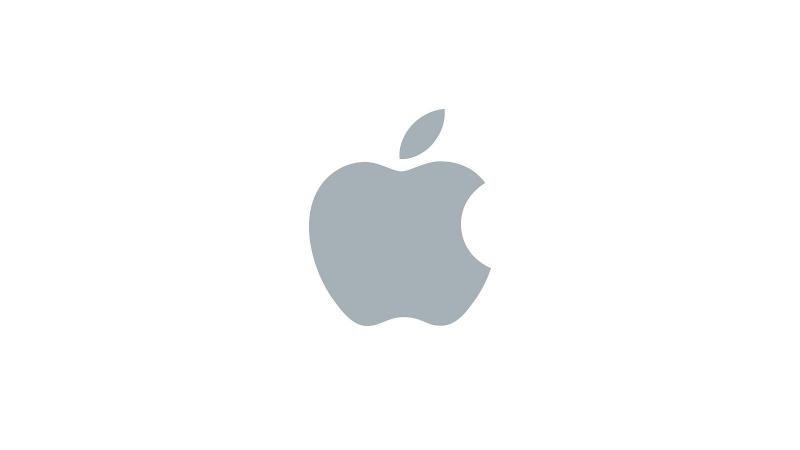The US Senate Judiciary Committee is currently investigating whether Apple has violated any competition laws. Tim Cook testified in July last year, and the committee has also received testimonies from several members of the Coalition for App Fairness – Spotify, Match and Tile – that take issue with the way Apple runs the App Store and deals with its software developer partners.
Apple has now submitted a response to the committee, signed by Chief Compliance Officer Kyle Andeer. The response argues that the allegations relate to business disputes rather than competition offences, and goes into detail addressing each company’s claims.
Spotify’s complaints
Spotify’s criticisms of Apple focus on three areas:
- That the company charges too high a revenue cut from developers using its store, and does not allow them to use alternative payment systems.
- That it only charges a fee for digital goods, not physical ones, an approach which Spotify claims “targets businesses that are or might become Apple’s competitors in downstream markets”.
- And that developers are prohibited from communicating with customers “about the existence of premium service, discounts, and promotions available to first-time subscribers”.
Apple’s responses can be summarised as follows:
- That its fee of 30% is in line with other stores, and is actually lower than some that existed before the App Store launched.
- That the distinction “reflects the added value enjoyed by sellers of digital goods/services”.
- And that no such prohibition exists. “Apple simply says that developers cannot redirect customers who are in the App Store to leave the App Store and go elsewhere – just as Apple cannot put a sign in the Verizon store, telling customers to buy iPhones directly from Apple instead.”
Apple also points out that Spotify did not lower the price of subscriptions when Apple reduced fees from 30 to 15% for customers who have had the subscription for over a year, and that fewer than 1% of Spotify’s subscribers pay via the App Store.
Match’s complaints
Apple’s response to Match is similar, but adds an additional accusation: that Match lied when it claimed that Apple refused to release an update of Tinder due to a new security feature for LGBTQ users. In fact, Apple writes, the problem was an unclear pricing structure that would have violated FTC rules.
Tile’s complaints
Among Apple’s detailed responses to Tile’s criticisms, you’ll find this jab at the company’s sales:
“Tile’s witness claimed that Apple: ‘know[s] our retail take rates, they know our retail margins, they know how our devices do in stores, they know who our customers are, they know our subscription take rates[,] [and] [t]hey know what features people use.’ Years ago, Apple had some information about how Tile products sold in Apple’s retail store. It did not sell well.”
9to5Mac has posted the entire letter here.
This article originally appeared on Macworld Sweden. Translation by David Price.

